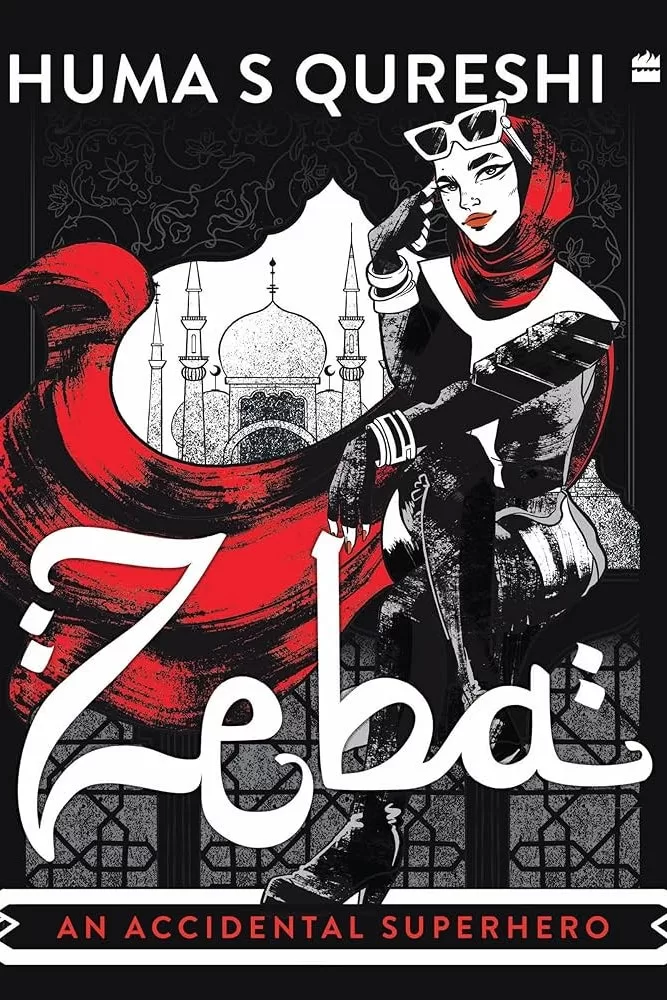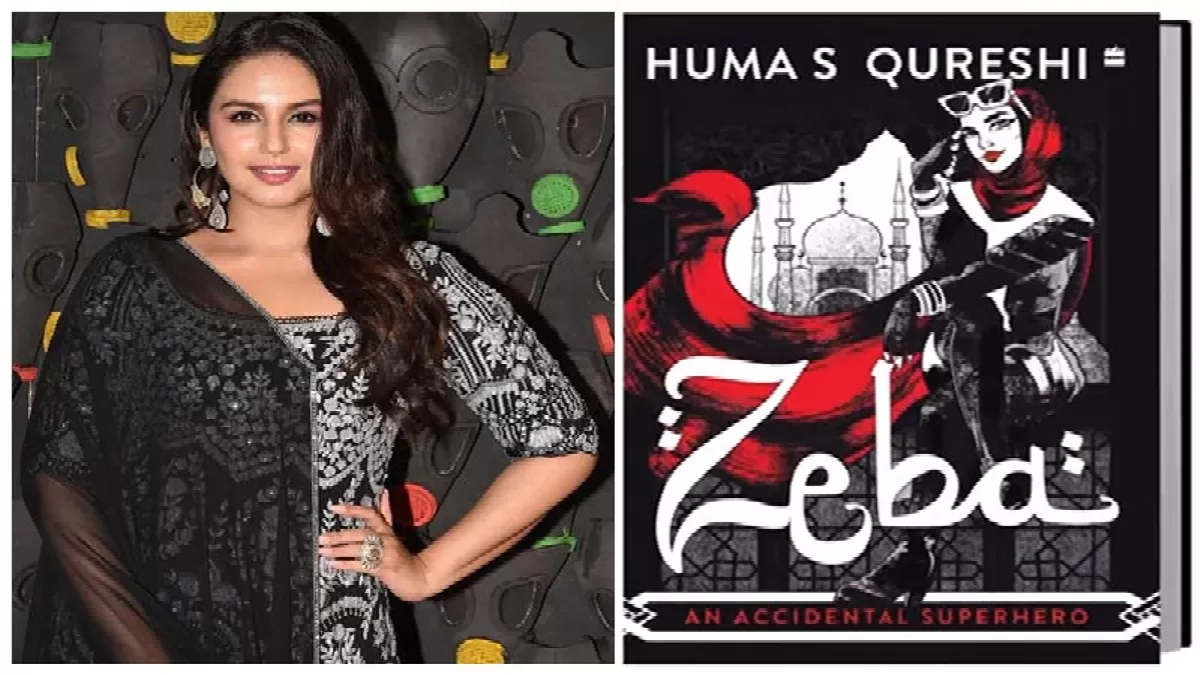In a world that often celebrates conformity, actress Huma Qureshi’s debut novel, “Zeba,” stands as a testament to the power of the misfits. The book emerged from the solitude of the pandemic and is a vibrant tapestry woven with threads of fantasy, reality, and a deep-seated belief in the unconventional heroes of our society.

Huma’s Creative Background
Qureshi, known for her compelling performances on screen, has always harbored a love for writing. Her mother’s encouragement and two decades of journaling laid the foundation for her literary journey. The transition from actor to author may seem daunting, but for Qureshi, it was a natural progression of her creative expression.
At the heart of “Zeba” lies the intriguing concept of misfits saving the world. This theme resonates with readers who find themselves on the fringes, yearning for a narrative that champions their uniqueness. Qureshi’s storytelling is a blend of personal experiences and imaginative leaps, making her characters relatable yet extraordinary.
The protagonist, Zeba, is a reflection of Qureshi herself, embodying the traits of strength, resilience, and a touch of the author’s own quirks. The narrative doesn’t shy away from exploring the complexities of identity and the courage it takes to stand out in a world that often demands uniformity.

Celebrating The Imperfection
As readers delve into the pages of ‘Zeba,’ they discover a realm where the ordinary transforms into the extraordinary, and the overlooked assume the role of saviors. Qureshi’s novel is not just a story; it’s a movement that celebrates the oddities and imperfections that make us human. That makes us special.
While the future of “Zeba” hinges on its commercial success, Qureshi’s creative well is far from dry. She teases the possibility of a sequel and hints at exploring different writing styles in future works. Her literary debut may be fresh off the press, but it’s clear that Huma Qureshi’s voice will be a resonant one in the world of fiction.



